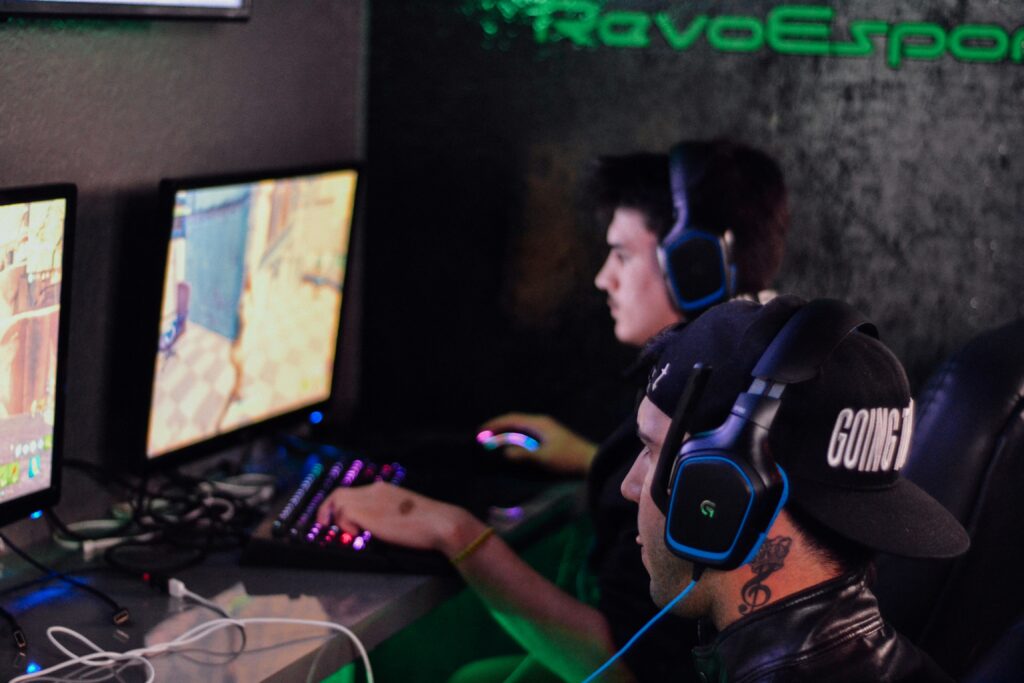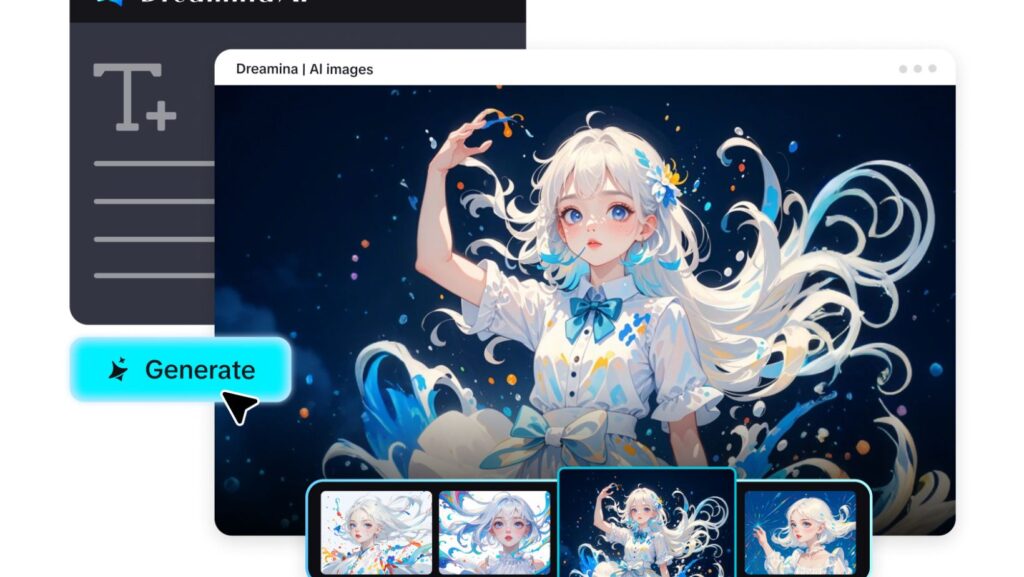Skill-based tournaments and community events are becoming a regular way to spend free time. Weeknight brackets fill venues, maker spaces set out gear, and chess clocks click beside laptops. People want challenges where effort shows and choices shape results. Organizers use formats that reward mastery while staying open to newcomers. Steady schedules build habits, friendships, and stories that bring people back.
Why are These Tournaments Gaining Popularity
People are choosing activities where improvement is visible across weeks and months. Streaming culture and short highlight clips make mastery feel within reach for anyone who is willing to learn. Players can study tactics, drill specific techniques, and return with a plan for the next session. Friendly ladders, coaching nights, and community servers reduce barriers for first-time entrants. Local scenes now share tips, scrim schedules, and feedback in channels that are active every day. Clear progress paths keep newcomers motivated and bring experienced players back for another focused run.

The same appeal extends to skill-based tournaments in online casinos, such as poker, where household iGaming platforms like Stake host regular competitions. Skill-based tournaments are not exclusive to Stake, and many of the best platforms similar to Stake give players access to diverse skill-based games, frequent tournaments with large prize pools, near-instant payouts, and exciting perks like welcome rewards, cashback offers, and exclusive loyalty benefits. These features reinforce why skill-based formats, whether in esports or online casinos, continue to grow in popularity, because they let participants see measurable progress while competing in environments that reward practice, strategy, and persistence.
Outcomes Emerge from Practice and Decisions
A skill-based gaming tournament hinges on choices and execution rather than chance. Whether the arena is chess, esports, Rubik’s Cube speed solving, strategic trading card games, or poker, performance grows from preparation and composure under pressure. Clear rules, visible scoring, and repeatable formats help participants trust the results they are seeing. Officials and captains talk through rulings so decisions feel understandable rather than mysterious. The most resilient events keep mechanics simple to learn while leaving room for deep strategy that rewards time invested. Players leave knowing which habits helped and which mistakes deserve attention during the next week.
Clear Standards Build Trust
Trust grows when rules are clear and applied consistently. Set schedules, equipment specs, and version control to reduce disputes before they escalate. Anti-cheat checks and match recordings create records that support quick resolutions. Appeals move faster when formats define who decides and when the ruling is final. Volunteers get short playbooks in plain language, and players feel protected by predictable rules and transparent officiating. This trust keeps participation growing without friction.
Formats Players Return to Repeatedly
Bracket play stays popular because it offers structure and rising stakes that people understand. Swiss systems keep everyone active for multiple rounds, protecting the night for both learners and veterans. Time-boxed sprints and precision challenges add variety and spotlight specific skills. Teams and duos build bonds that carry into practice lobbies, while solo leaderboards celebrate mastery without pushing out collaboration. Seasonal circuits link local nights into a wider journey that gives training purpose, and players return because the calendar makes progress feel real.
Progress That Stays With You
Dedicated players see each tournament as the beginning of a longer journey toward improvement. Meet and greets, casual free play windows, and post-match review corners keep people sharing notes and insights. Mentors offer compact practice plans that fit into busy weeks and different skill levels. Organizers post spotlight features that credit players, volunteers, and venues with clear recognition. Seasonal rankings and photo walls turn single nights into a shared story that keeps momentum. People return because friends notice their progress and invite them into the next challenge.
A Simple Model that Balances Costs
Financial health grows when value is shared thoughtfully and priced with care. Reasonable entry fees, fair venue splits, and sponsor backing cover costs without straining participants. Merch drops, food deals, and creator tie-ins add revenue while reinforcing identity. Prize pools reward depth by spreading recognition across placements and challenges. Travel stipends widen access without inflating local fees. Organizers who share budgets and goals build trust that lasts into future seasons.
Accessibility that Welcomes First-Time Players
Plain language in rulebooks helps newcomers feel confident from the start. Hardware loaners, setup guidance, and practice maps reduce equipment gaps. Hybrid formats that mix online qualifiers with on-site finals welcome distant participants. Codes of conduct with clear reporting channels set expectations and protect the atmosphere. Quiet spaces and clear timetables help neurodiverse players manage energy. When the path feels simple and supported, retention strengthens and the scene matures.

Community Benefits of Regular Tournaments
Regular tournaments turn venues into weekly gathering spots. A Thursday bracket becomes a familiar stop where friends catch up and test new tactics. Nearby cafés benefit from the flow before check-in and the talks that linger after finals. Local outlets share highlights, drawing new faces to the next event. As circuits connect, visitors travel in and locals head out to learn from different styles, raising standards without losing character. Steady schedules and respectful crowds make permits easier, and over time, the calendar becomes a tradition the neighborhood carries between seasons.



